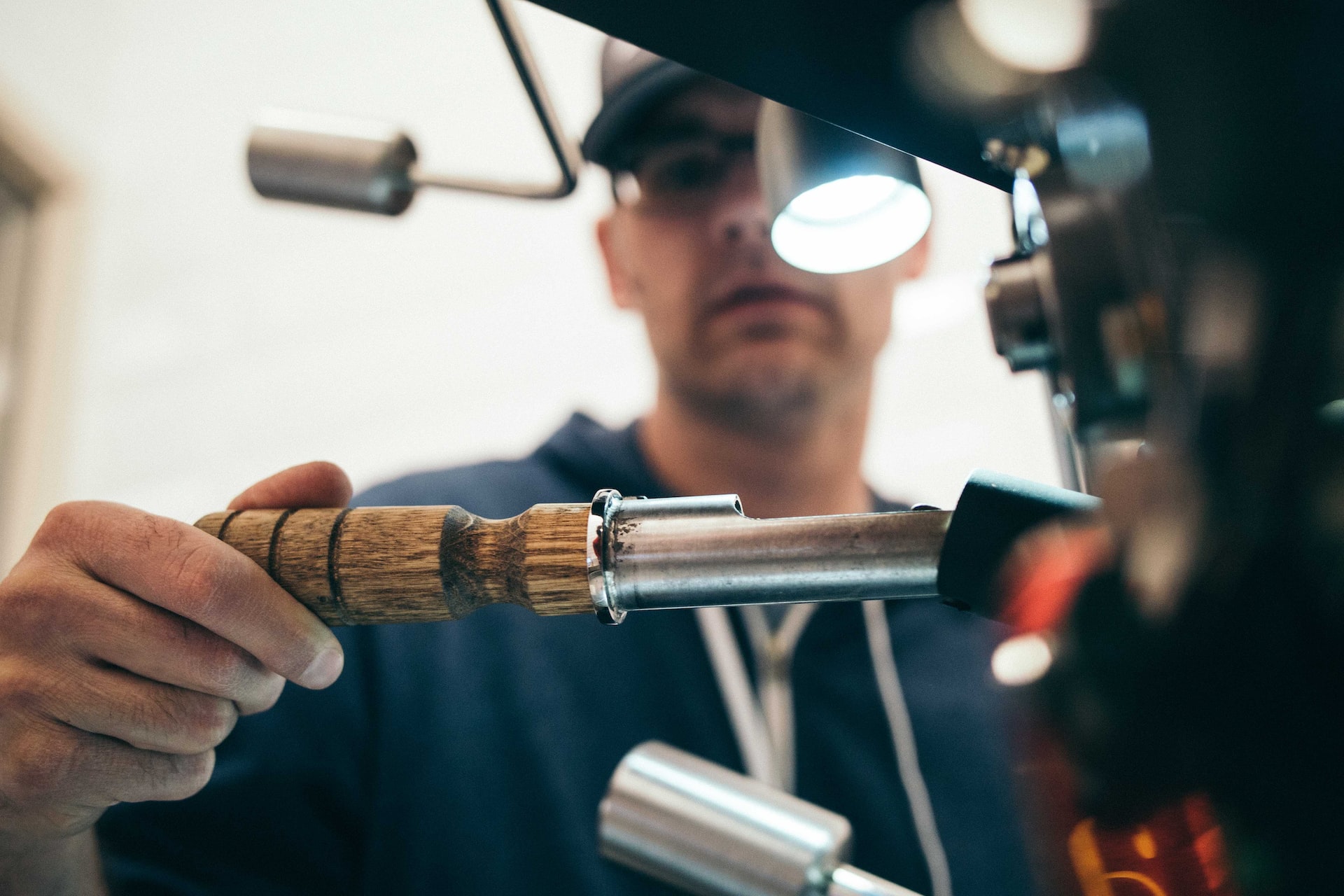What do plumbers use to unblock drains?
If you’re dealing with unusual plumbing sounds, sinks that take excessively long to drain water, and any usual smells coming from your plumbing system, there’s a good chance you’re dealing with a blocked drain or pipe!
In some cases, you may be able to fix the problem yourself – drains can often become blocked with things like hair and food debris, and clearing out the drain with hot water or a bicarbonate soda mix can often get the job done.
However, in many cases, you’ll probably need to enlist the help of a plumber to fully unblock your drain. But what do plumbers use to unblock drains? In this blog, we’re going to take a look at some of the most popular drain-unblocking methods, so you can determine which one might be best for your needs. Let’s take a look.
What causes blocked drains?
As mentioned above, blocked drains can be caused by anything from food debris to hair shedding, but these aren’t the only culprits. Other common causes include:
- Fats – This includes fats such as oil and grease – these are often inadvertently poured into a kitchen sink and solidify while inside the pipes, causing a blockage or comically-named “fatbergs”.
- Outdoor debris – Leaves, foliage, and even litter can cause problems in your outdoor plumbing, and can cause problems when it comes to evacuating waste from your home.
- Tree root intrusion – Tree roots are surprisingly resourceful and can often work their way into the pipes, causing a blockage.
- Flushing non-degradable items – Traditional toilet paper is easy to break down, but other non-degradable items (such as wet wipes or sanitary products) don’t break down in the same way, causing a blockage.
- Foreign objects – In some cases, foreign objects that have managed to sneak through your home drains can end up causing a blockage – think pencils, mini tools, and other small items.
What tools do plumbers use to unblock drains?
From drain snaking to long-range pipe cameras, here are just a few of the most common tools plumbers use to unblock drains:
Manual drain rods
Manual drain rodding is a common technique used to dislodge and remove stubborn blockages in your pipes and drains – drain rods are long flexible rods connected to each other by couplings, and they can be used to push through and break up blockages in your pipes.
Motorised drain rodding
Some plumbers also use motorised drain rodding to unblock drains; these machines are similar in principle to a manual drain rod, but are powered by an electric motor to enhance efficiency. Motorised drain rods are most typically used for more stubborn blockages in your pipes or drains.
Pipe cameras
If plumbers are unable to determine where the blockage is coming from, they’ll often make use of pipe cameras to get a better view of the interior of the pipes; this will help them determine where the blockage is located and how best to tackle it.
High-pressure water jets
High-pressure water jets (also known as hydro jetting) are often used to blast through blockages, such as those caused by tree roots, and clear them away. While effective and eco-friendly, high pressure water jets are incredibly powerful and can even be dangerous when used improperly – for severe drain unblocking London, you’ll want to enlist the help of a professional, who will know how to use these powerful tools safely.
Chemical cleaners
In some cases, plumbers may opt to use chemical cleaners – these are effective for clearing away deposits and blockages from the inside of pipes, though you should be aware that they may leave a residue. Chemical cleaners are also not exactly the most environmentally friendly option, but they can be useful if you’re dealing with particularly stubborn blockages.
Can I unblock my own drains?
DIY drain rodding
Some DIY and homeware shops sell manual drain rods for home use, and those familiar with DIY plumbing techniques might be able to unblock their drains themselves – provided they follow strict safety regulations and enlist the help of a friend or family member. One of the most difficult aspects of DIY drain rodding will be lifting the heavy drain lid itself – so we don’t recommend this to those who have no experience in DIY plumbing.
Bicarbonate of soda and vinegar
For blocked sinks in your home, a blend of bicarbonate of soda and white vinegar can often be enough to dislodge any food or oil residue and get your plumbing working again. That being said, this DIY home remedy isn’t going to be effective on severe blockages, or old blockages.
Hot water
In some cases, a blocked pipe or sink can be remedied by flushing hot water through the pipe. This is good for recent blockages caused by food debris and hair, although this method won’t be effective for outdoor drain blockages.
Which drain unblocking method is best for me?
The type of drain unblocking method you opt for should usually be determined by a professional plumber; they’ll be able to inspect your plumbing using expert tools, and will be able to identify the type of blockage and recommend the best course of action. In some cases, this may involve more than one method – such as using a pipe camera and following up with drain rodding afterwards.
In general, most severe blockages (such as those caused by tree roots) will require professional intervention, and the use of intensive unblocking methods such as hydro jetting. For smaller blockages, drain rodding will usually do the trick – although do note that drain rodding will only remove the blockage, and won’t fully clear out your drains in the way that hydro jetting can.
If you’re dealing with a blocked drain in London, we’d be more than happy to help – feel free to give us a call today and find out how our team of plumbing experts can get your drains working properly again.
Also Read:

